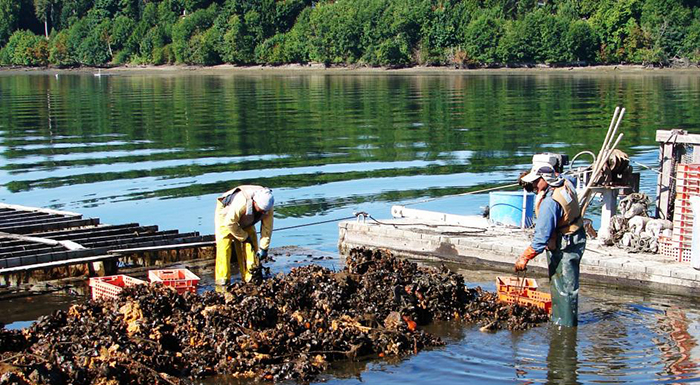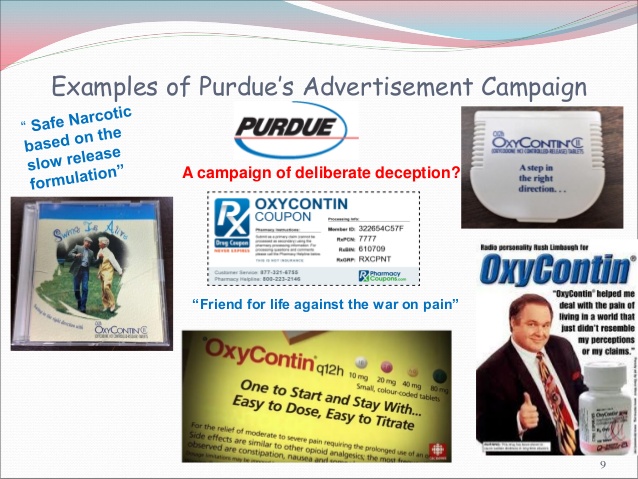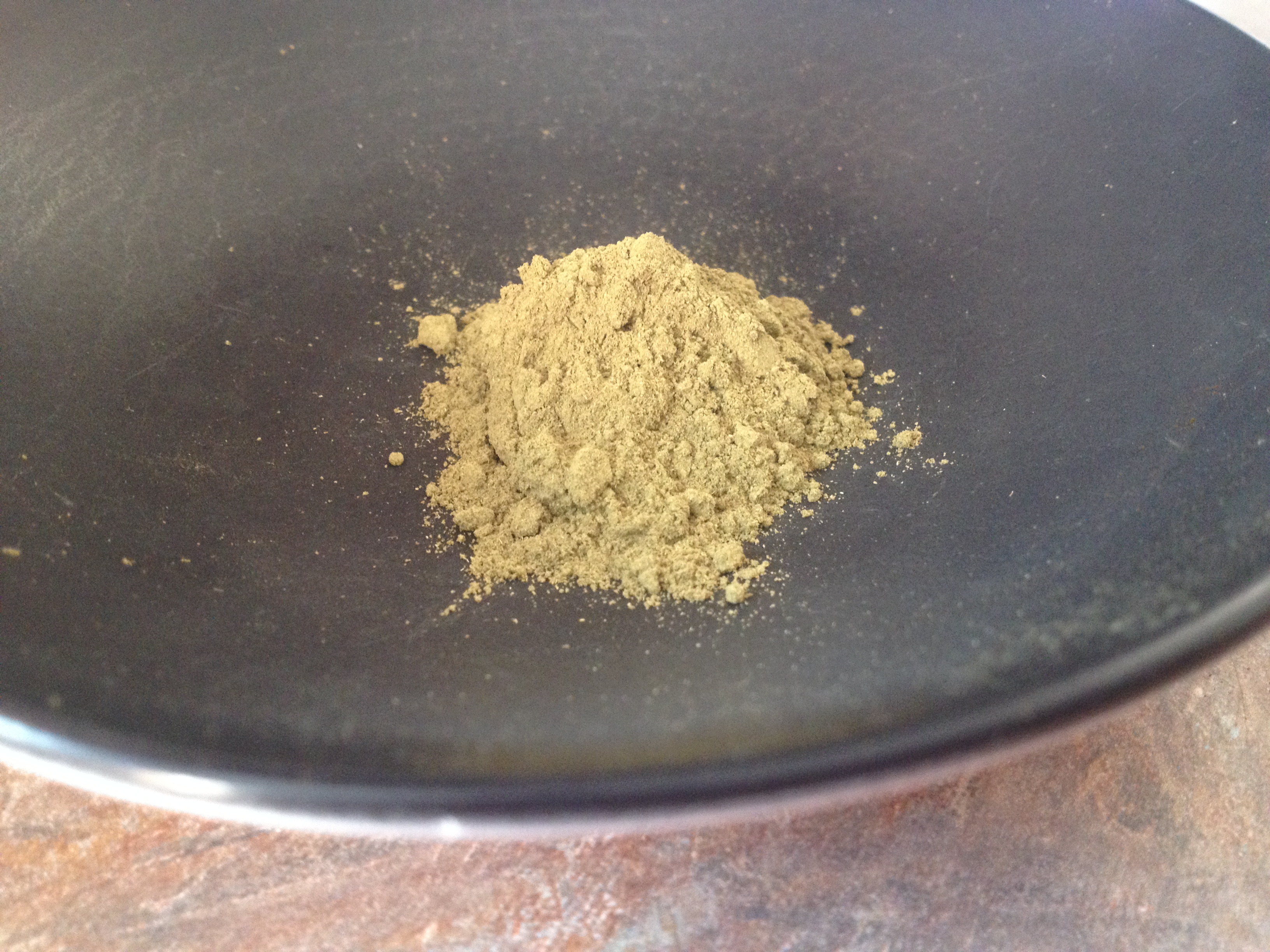Uncategorized
Opioids are Being Found in these Sea Creatures

The opioid epidemic is openly being reported in the media as a sort of plague that characterizes the decade we’re currently living in, and it’s a fair assessment. The media isn’t hesitant to cover it anymore because for one, it’s undeniable that it’s happening, and two, the opioid epidemic gives authorities, pharmaceutical corporations and others power. It provides people who receive research grants, and government agencies who want to crack down on herbal medicine all the justification they need to do what they do.
Seattle, Washington and the surrounding area has long been notorious for its problem of opiate and opioid addiction. From heroin to oxycodone and the various analogues of opioids that pharma corporations have profited from prescribing to addicts such as buprenorphine and methadone, it’s all firmly saturated into the state of Washington, comparable to California.
In fact, the crime rate of Washington sort of seems to be catching up with California. Hard drugs beget crime, and the population’s desire to consume harmful drugs is the root of a whole chaotic social equation, but the war on drugs makes the entire vicious cycle possible.
Recently, opioids were found in mussels, the clam-like sea creatures who cling to rocks along the ocean off the coast of Seattle.

Scientists from the Washington Department of Fish and Wildlife are reporting that oxycodone is present in significant levels in mussels living in the Puget Sound.
One factor in this phenomena is the fact that mussels are considered “filter feeders,” meaning they ingest chemicals that contaminate the water into their tissues in a way that can be readily recorded, concentrated in a certain way.
Their test seems logically sound. The experiment involved transplanting clean mussels from a Whidbey Island aquaculture area into 18 locations around the Puget Sound, in urban areas. Months later, the researchers retrieved the same mussels out of the waters to test them again for contamination.

In cooperation with the Puget Sound Institute, 3 out of 18 locations where the mussels were placed were found to be contaminated with significant trace levels of oxycodone.
Surprisingly, oxycodone doesn’t even break down in the body the same way other drugs do. Trace amounts of it end up going down the toilet, like other pharmaceuticals. That means so many people are abusing oxycodone, the product of a specific corporation primarily (Purdue Pharma), that trace levels of it are going into the waters of the Puget Sound via the toilet.

They should be as ashamed as Eli Lilly and Company, the pharma corporation whose product Prozac was found in fish due to the same process of water contamination.
Officials do their best to assure the public that wastewater is filtered out and cleansed of contaminants before re-entering the ocean, but drugs ranging from oxycodone, to chemotherapy drugs, to antidepressants end up in the waters.
The funny thing about mussels is, they don’t seem to metabolize oxycodone the same way humans do at all. It doesn’t go through the same metabolic processes as a mammal, so it doesn’t seem to do as much. However, carcinogenic substances and chemo drugs certainly harm sea life, and antidepressants literally are capable of turning fish gay.
The chemicals are simply endocrine disruptors, the whole “gay frogs” meme is bizarre because mainstream scientists were the ones to report that drugs in water were making fish lose their proper gender function.
Remember while the opioid crisis serves as justification for a few things the government wants to do, they’re trying hard to crack down on kratom still.
Kratom is an herb from southeast Asia that may be the number one most effective treatment for opioid or opiate addiction. You can’t overdose on it, but it will ease withdrawal symptoms and provide a much safer alternative. The FDA, DEA, and other agencies of government have been trying to crack down on it since 2016.

Now in the same week, the FDA praised and approved a weird pharmaceutical drug called Lucemyra for treating opiate addiction, while condemning kratom officially at the same time.
The FDA “cracked down” on kratom vendors who made the mistake of technically claiming it could treat opioid addiction, issuing fear tactic warnings to companies. They’re mad because the government failed to schedule the innocuous green powdery herb in 2016 with the massive outrage created by the DEA’s announcement to criminalize it.

(Image credit: buykratomreview, kratomlegend, Kroll Map Company, noaa, sdleastwanted, slideshare)
Typos, corrections and/or news tips? Email us at Contact@TheMindUnleashed.com
